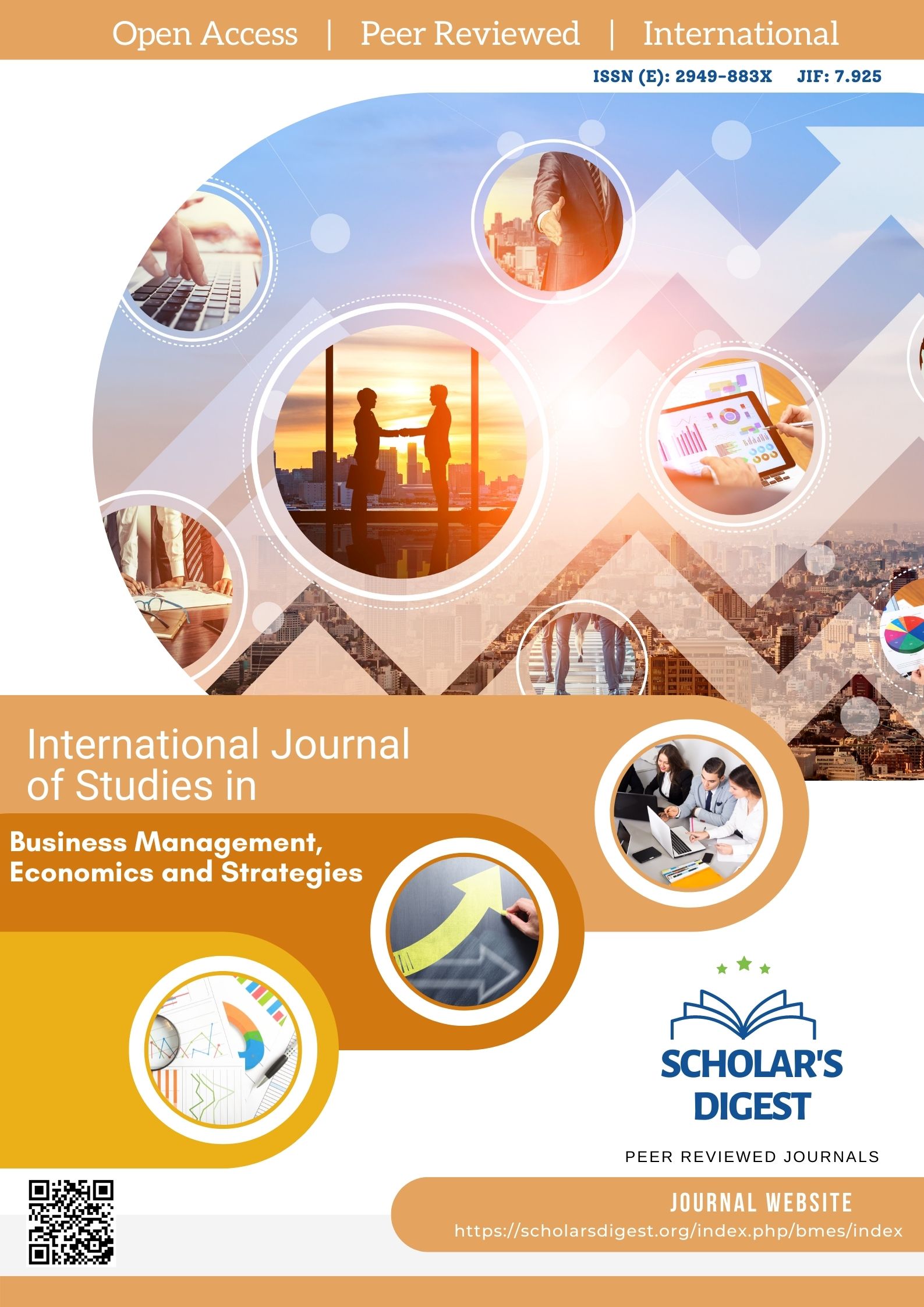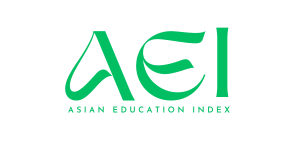THE IMPACT OF FINANCIAL DEEPENING ON ECONOMIC GROWTH IN IRAQ: ECONOMETRIC STUDY (2000-2022)
Keywords:
financial deepening, economic growth, bank credit, Iraqi economy.Abstract
This study aimed to investigate the impact of financial deepening on economic growth in Iraq during the time period (2000-2022). To demonstrate this effect, the study relied on a standard multivariate model based on the autoregressive model for distributed slowing periods, and cointegration analysis through the use of the test. The boundaries between the variables of the study. The study also used the Phillips-Peron test in order to test the dormancy of the time series of the variables of the study. The study concluded that there is a positive impact of financial deepening on the Iraqi economic growth through: the money supply index in the broad sense as a percentage of the gross domestic product While the study showed a negative effect of financial deepening: represented by bank assets, net interest rate margin index, bank credit granted to the private sector and bank assets. Accordingly, the study recommended the need to raise the banking sector’s contribution to the productive process and raise economic growth rates by increasing the money supply ratio, and reducing the interest rate on loans, which leads to encouraging investment owners to obtain bank credit in order to obtain the necessary financing. For local or foreign investment, in addition to the need to direct bank credit to the productive sectors.
Downloads
Published
Issue
Section
License

This work is licensed under a Creative Commons Attribution-NonCommercial 4.0 International License.









